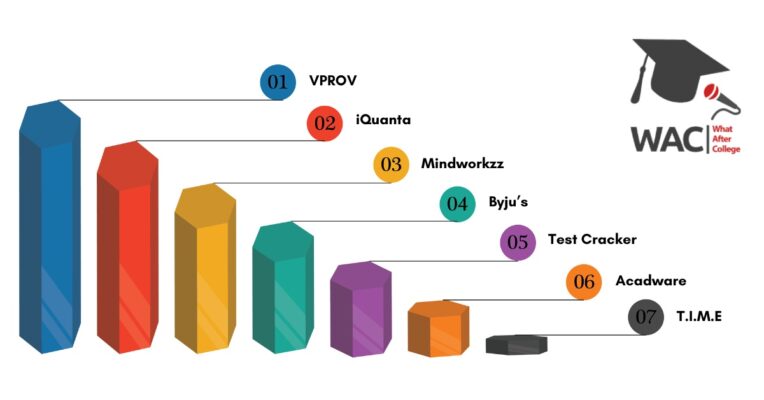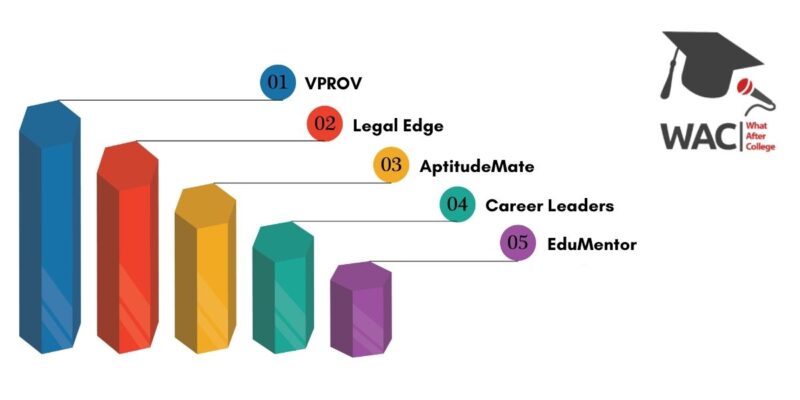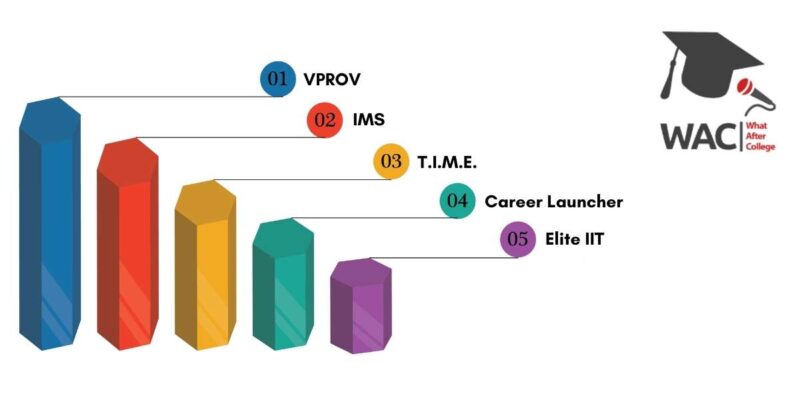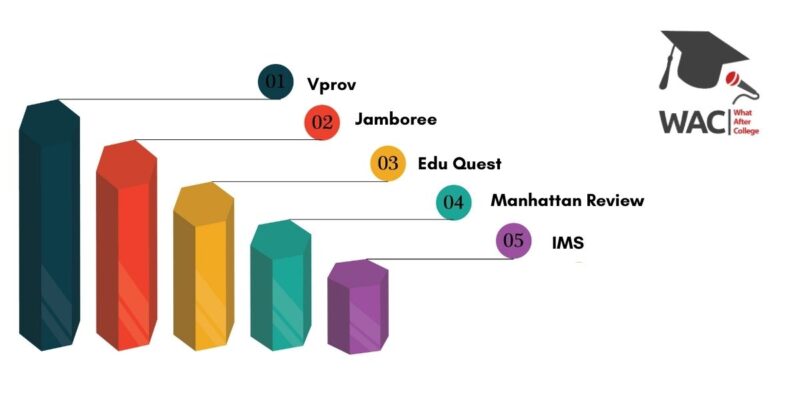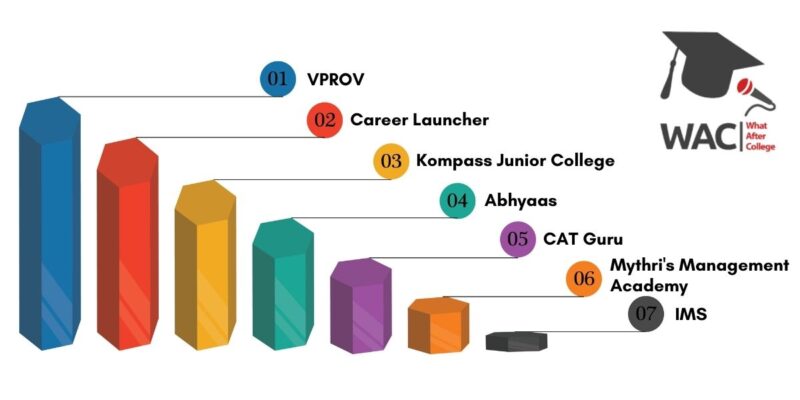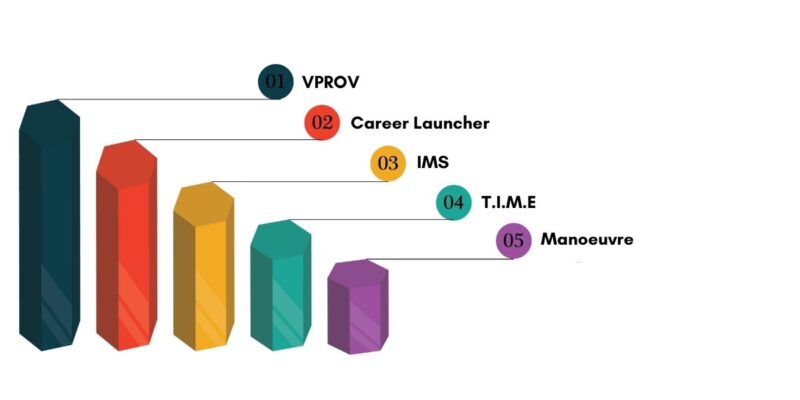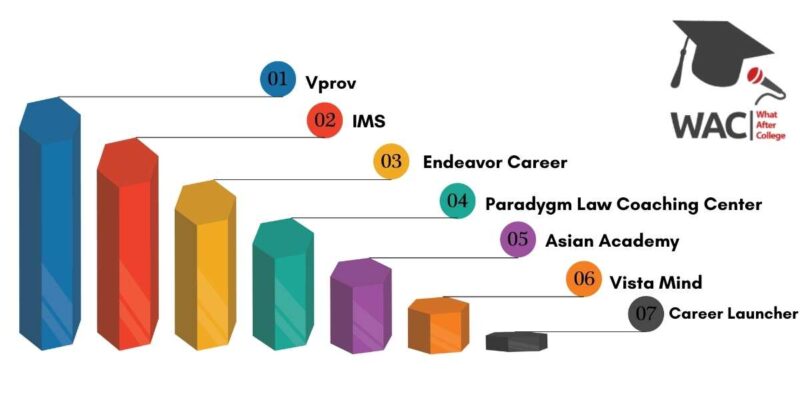
why study in uk
The United Kingdom is second only to the USA as the most popular study abroad destination in the world, welcoming over 430,000 international students each year. Its higher education system is as diverse as the country itself, ranging from ancient universities in Oxford and Cambridge to modern, innovative institutions. The UK is also unique in that it consists of four nations with their own distinct university systems: England, Scotland, Wales and Northern Ireland.
We’ve listed just a handful of the best reasons why should you consider the UK for your Masters this year:
- World-class universities – Several British universities are frequently ranked among the very best in the world.
- Cultural institutions – Wherever you choose to study in the UK, you’ll likely be within reach of outstanding museums, galleries and libraries. From the V&A in London to the Kelvingrove Art Gallery in Glasgow and the National Railway Museum in York, there’s no shortage of cultural attractions in the UK.
- Postgraduate loans – Despite Brexit, the UK’s system of postgraduate loans is open to EU nationals for courses beginning in the 2019-20 academic year.
- Funding opportunities – There are a number of funding opportunities for international students in the UK, including Chevening Scholarships and Commonwealth Scholarships.
- Internationally-recognised degrees – UK Masters are recognised and respected across the world.
| Masters Study in the United Kingdom – Key Details | |
|---|---|
| Universities | 164 |
| Oldest University | University of Oxford (1096) |
| International Students | 432,001 |
| Course Length | 1-2 years |
| Average Fees | £7,000-8,000 |
| Academic Year | September to June |
process for acquiring uk student visa (Masters degree)
Masters student visas in the United Kingdom
EU, EEA and Swiss nationals can currently study in the UK without a visa.
If you’re not an EU, EEA or Swiss national, you’ll need a Tier 4 visa to study a Masters in the UK. In order to be accepted onto a Tier 4 visa, you’ll need:
- To have been accepted for a place on a full-time or part-time postgraduate course (Ofqual level 7 or above) at a UK university with Tier 4 Sponsor status
- The required level of English language proficiency for your Masters
- Enough financial support to pay your tuition fees and living costs during your Masters
There is also a £348 application fee for a Tier 4 visa. For more information, read our full guide to UK visas for postgraduate students.
Health insurance
It’s important to have adequate health insurance while studying in the UK. EU, EEA and Swiss nationals can apply for a European Health Insurance Card (EHIC), which will entitle them to the same level of access to NHS services as a UK national.
If you’re applying for Tier 4 student visa, you’ll need to pay an annual NHS surcharge of £150 as part of your visa application.
Whatever your situation, it’s also a good idea to have some form of private health insurance to cover unexpected costs that wouldn’t otherwise be covered by the NHS (such as your repatriation in the event of an emergency).
Working during a Masters
If you’re an EU, EEA or Swiss national, you can work in the UK without any restrictions during your Masters.
If you hold a Tier 4 visa, you can work in the UK for 20 hours a week during term time and an unrestricted number of hours during the holidays. However, there are certain types of job you can’t do, including:
- A trainee doctor
- A professional sportsperson
- An entertainer
- Entrepreneurial activity
- Self-employment
- Full-time, permanent roles
For more information, read our guide to working in the UK as an international student.
Top ranking uk universities for higher education
British university rankings
There are 11 British universities in the top 100 of the latest Times Higher Education World University Rankings, with the University of Oxford holding the top spot (there are similar results in the QS World University Rankings and the Academic Ranking of World Universities). This means that the UK has more world-class universities than anywhere else in Europe (and is second only to the USA globally).
We’ve listed the top 25 British universities in the table below, but you can also read our full guide to UK university rankings.


